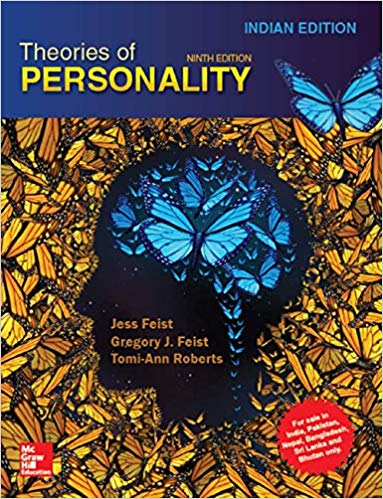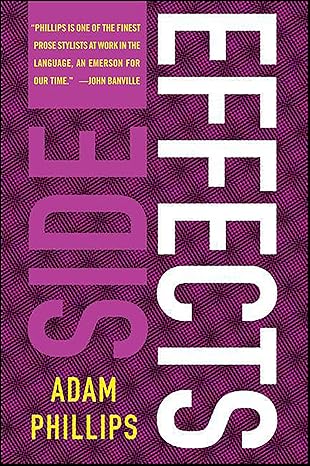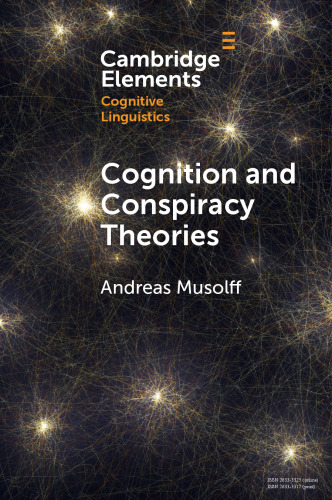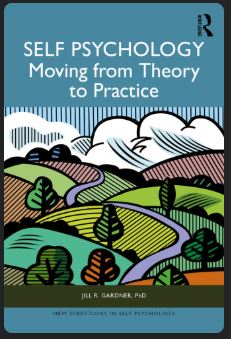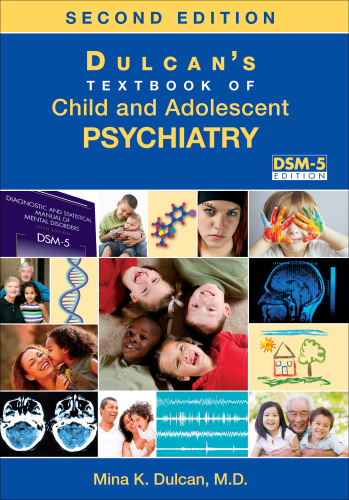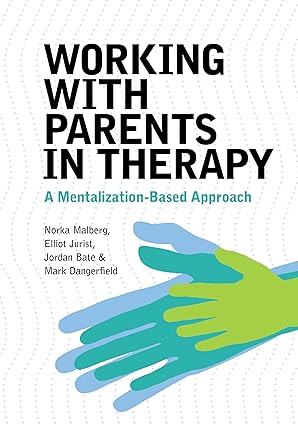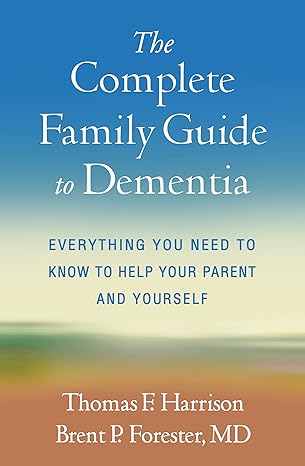What makes people behave as they do? Are people ordinarily aware of what they are doing, or are their
behaviors the result of hidden, unconscious motives? Are some people naturally good and others basically
evil? Or do all people have potential to be either good or evil? Is human conduct largely a product of
nature, or is it shaped mostly by environmental influences? Can people freely choose to mold their personality,
or are their lives determined by forces beyond their control? Are people best described by their
similarities, or is uniqueness the dominant characteristic of humans? What causes some people to develop
disordered personalities whereas others seem to grow toward psychological health?
These questions have been asked and debated by philosophers, scholars, and religious thinkers for
several thousand years; but most of these discussions were based on personal opinions that were colored
by political, economic, religious, and social considerations. Then, near the end of the 19th century, some
progress was made in humanity’s ability to organize, explain, and predict its own actions. The emergence
of psychology as the scientific study of human behavior marked the beginning of a more systematic approach
to the study of human personality.
Early personality theorists, such as Sigmund Freud, Alfred Adler, and Carl Jung, relied mostly on
clinical observations to construct models of human behavior. Although their data were more systematic
and reliable than those of earlier observers, these theorists continued to rely on their own individualized
way of looking at things, and thus they arrived at different conceptions of the nature of humanity.
Later personality theorists tended to use more empirical studies to learn about human behavior. These
theorists developed tentative models, tested hypotheses, and then reformulated their models. In other words, they
applied the tools of scientific inquiry and scientific theory to the area of human personality. Science, of course,
is not divorced from speculation, imagination, and creativity, all of which are needed to formulate theories. Each
of the personality theorists discussed in this book has evolved a theory based both on empirical observations
and on imaginative speculation. Moreover, each theory is a reflection of the personality of its creator.
Thus, the different theories discussed in these pages are a reflection of the unique cultural background,
family experiences, and professional training of their originators. The usefulness of each theory,
however, is not evaluated on the personality of its author but on its ability to (1) generate research, (2) offer
itself to falsification, (3) integrate existing empirical knowledge, and (4) suggest practical answers to
everyday problems. Therefore, we evaluate each of the theories discussed in this book on the basis of
these four criteria as well as on (5) its internal consistency and (6) its simplicity. In addition, some personality
theories have fertilized other fields, such as sociology, education, psychotherapy, advertising,
management, mythology, counseling, art, literature, and religion.
چکیده فارسی
چه چیزی باعث میشود که مردم همانطور که انجام میدهند رفتار کنند؟ آیا مردم معمولاً از کاری که انجام می دهند آگاه هستند یا
آنها هستند رفتارهای ناشی از انگیزه های پنهان و ناخودآگاه؟ آیا برخی از مردم به طور طبیعی خوب هستند و برخی دیگر اساسا
شر؟ یا آیا همه مردم پتانسیل خوبی دارند یا بد بودن؟ آیا رفتار انسان عمدتاً محصول
است؟ طبیعت، یا بیشتر تحت تأثیر تأثیرات محیطی شکل گرفته است؟ آیا افراد می توانند آزادانه انتخاب کنند که شخصیت خود را شکل دهند،
؟ یا زندگی آنها توسط نیروهای خارج از کنترل آنها تعیین می شود؟ آیا افراد با
شان بهتر توصیف می شوند؟ شباهت ها، یا منحصر به فرد بودن ویژگی غالب انسان هاست؟ چه چیزی باعث رشد برخی افراد می شود
شخصیت های بی نظم در حالی که به نظر می رسد دیگران به سمت سلامت روانی رشد می کنند؟
این سؤالات توسط فیلسوفان، علما و متفکران دینی برای
مطرح و مورد بحث قرار گرفته است چندین هزار سال؛ اما بیشتر این بحث ها بر اساس نظرات شخصی بود که رنگی بود
با ملاحظات سیاسی، اقتصادی، مذهبی و اجتماعی. سپس در اواخر قرن نوزدهم برخی
پیشرفت در توانایی بشر برای سازماندهی، توضیح و پیشبینی اعمال خود حاصل شد. ظهور
روانشناسی به عنوان مطالعه علمی رفتار انسان سرآغاز یک رویکرد سیستماتیک تر است
به مطالعه شخصیت انسان.
نظریه پردازان اولیه شخصیت، مانند زیگموند فروید، آلفرد آدلر و کارل یونگ، بیشتر به
متکی بودند مشاهدات بالینی برای ساخت مدل های رفتار انسان اگرچه داده های آنها سیستماتیک تر بود
و قابل اعتماد نسبت به مشاهده کنندگان قبلی، این نظریه پردازان به تکیه بر فردی خود ادامه دادند
شیوه نگرش به چیزها و بدین ترتیب به برداشت های متفاوتی از ماهیت انسانیت رسیدند.
نظریه پردازان بعدی شخصیت تمایل به استفاده از مطالعات تجربی بیشتری برای یادگیری در مورد رفتار انسان داشتند. اینها
نظریه پردازان مدل های آزمایشی را توسعه دادند، فرضیه ها را آزمایش کردند و سپس مدل های خود را دوباره فرموله کردند. به عبارت دیگر آنها
ابزار تحقیق علمی و نظریه علمی را در حوزه شخصیت انسان به کار برد. علم، البته،
از حدس و گمان، تخیل و خلاقیت جدا نیست، که همه آنها برای تدوین نظریه ها لازم هستند. هر
از نظریه پردازان شخصیت مورد بحث در این کتاب، نظریه ای مبتنی بر مشاهدات تجربی ایجاد شده است
و در حدس و گمان های تخیلی. علاوه بر این، هر نظریه بازتابی از شخصیت خالق خود است.
بنابراین، نظریه های مختلف مورد بحث در این صفحات بازتابی از پیشینه فرهنگی منحصر به فرد است،
تجارب خانوادگی و آموزش حرفه ای مبتکران آنها. سودمندی هر نظریه،
با این حال، بر اساس شخصیت نویسنده آن ارزیابی نمی شود، بلکه بر اساس توانایی آن در (1) تولید تحقیق، (2) پیشنهاد
خود را به ابطال، (3) ادغام دانش تجربی موجود، و (4) پیشنهاد پاسخ های عملی برای
مشکلات روزمره بنابراین، هر یک از نظریه های مطرح شده در این کتاب را بر اساس
ارزیابی می کنیم این چهار معیار و همچنین (5) سازگاری درونی و (6) سادگی آن. علاوه بر این، برخی شخصیت ها
نظریه ها زمینه های دیگری مانند جامعه شناسی، آموزش، روان درمانی، تبلیغات و... را بارور کرده اند. مدیریت، اساطیر، مشاوره، هنر، ادبیات و مذهب.
ادامه ...
بستن ...
Ebook details:
عنوان: Theories Of Personality, 9Th Edition [Paperback] Feist
نویسنده: Feist
ناشر: Mc Graw Hill India; 9th edition (September 18, 2018)
زبان: English
شابک: 9353162076, 978-9353162078
حجم: 14 Mb
فرمت: TRU pdf
ادامه ...
بستن ...
